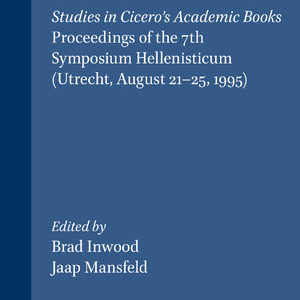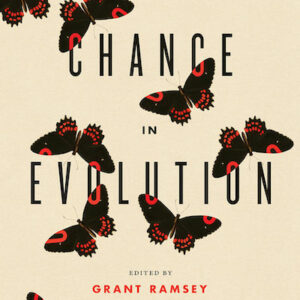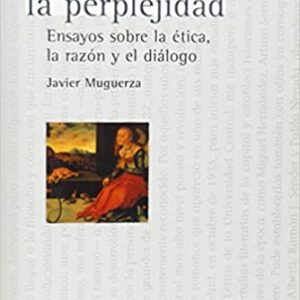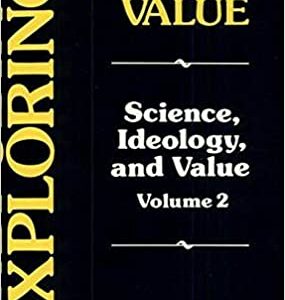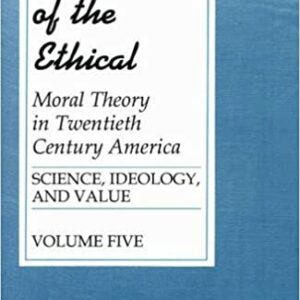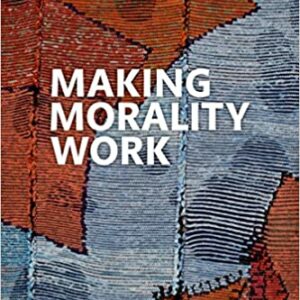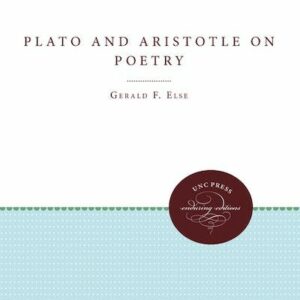
A Mind of One’s Own: Feminist Essays on Reason and Objectivity
Edited by Louise M. Antony (NHC Fellow, 1989–90) and Charlotte Witt A book of tremendous influence when it first appeared, A Mind of One's Own reminded readers that the tradition of Western philosophy– in particular, the ideals of reason and objectivity– has come down to us from white males, nearly all of whom are demonstrably … Continued
